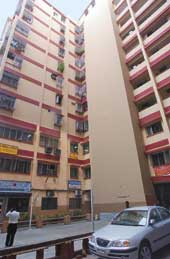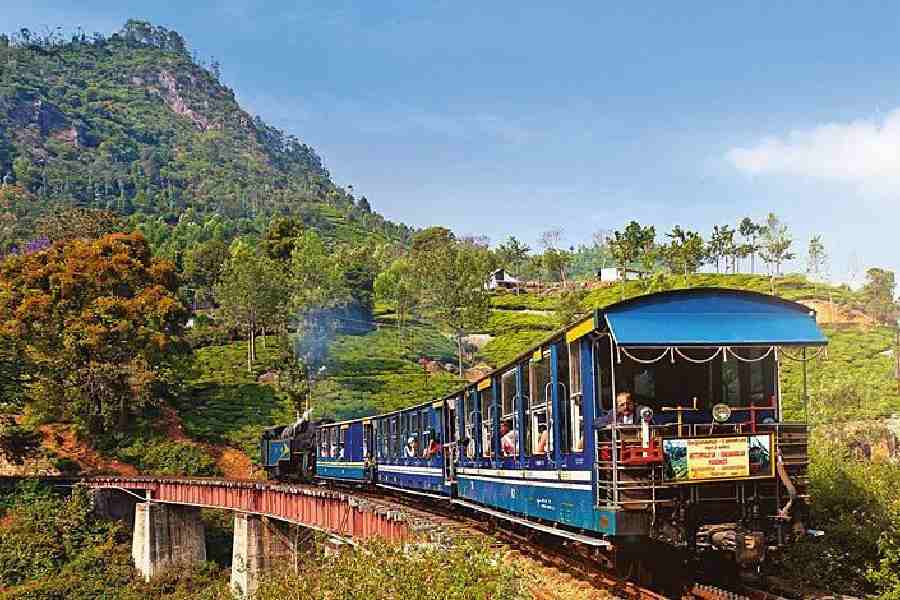 |
| No outsiders, please! Several housing societies want to turn themselves into community-based enclaves |
A recent resolution passed by his housing society in Tardeo, Mumbai, has left Nirav Shah an embittered man. At its annual general meeting last month, the Talmakiwadi Housing Society decided to cancel its “open membership” policy and make amendments to its bylaws so as to permit it to deny membership to all non-Saraswat Brahmins. Shah, one of the few Gujaratis among nearly a 100 Saraswat Brahmins in the complex, is obviously peeved. “If I move to a Gujarati society, I’ll make sure no Saraswat Brahmins are allowed there,” he says vengefully.
In fact, Shah ? and others who think like him ? can actually do that, thanks to a Supreme Court ruling in April this year. In a case brought by the Zoroastrian Co-operative Housing Society, Ahmedabad, challenging a Gujarat High Court verdict that the society’s bylaws restricting membership to non-Parsis were illegal, the Supreme Court ruled: “It is open to the members of the Parsi community, who came together to form the co-operative society, to prescribe that members of the community for whose benefit the society was formed alone could aspire to be members of the society.”
The verdict, many feel, has brought communal prejudices out into the open. For instance, once passed, the resolution by Shah’s housing society would mean that while ‘outsiders’ like Shah would be allowed to stay on, they would not be able to buy more property in the complex. Nor would they be able to sell their existing property to anyone but a Saraswat Brahmin. This resolution will be sent to the registrar of co-operative societies in Mumbai for approval, but that’s just a formality, informs society committee member Vithal Nadkarni. The Supreme Court verdict has made it legal for them to pass such laws.
Housing societies have been known to deny membership to people on grounds of religion, caste, community and eating habits. In fact, the Co-operative Societies Act, a state Act, says that such societies are free to frame their own rules. It neither bars nor allows housing societies to exclude any particular community or section of the society from becoming its members. “Since they are private bodies, they are within their rights to keep membership restricted. There is nothing in the law that prohibits that,” explains Calcutta-based lawyer Joymalya Bagchi. “Only the government can’t do that for it would be a violation of Article 15 of the Constitution which forbids discrimination on the basis of caste, creed, religion, sex and so on. This clause is not applicable to private bodies and that explains the Supreme Court ruling,” he adds.
The only argument against this clause, lawyers feel, could be that since housing is a public domain, it is unfair to allow communities to make it restrictive. In fact, a clause in Section 22(1)(a) of the Maharashtra Co-operative Societies Act makes it illegal for a co-operative society to refuse membership to any person who is eligible under the Indian Contract Act, 1972. And there have been several instances when the Mumbai High Court has turned down appeals by housing co-operatives to make their societies exclusive. In 2001, for instance, the court rejected an eviction suit filed against a non-Parsi man by the Zoroastrian Radih Society that contended that only Parsis could reside in that complex. The Supreme Court verdict, however, is about to change all that.
Mumbai-based property lawyer P.V. Kamath says that at least 15 housing societies in the city are seeking to amend their bylaws. “This will spread like wildfire once housing societies see others going exclusive,” he says. However, Murali Chaturvedi, editor of Accommodation Times, chooses to highlight the positive side of the ruling. “Prices of real estate shoot up if builders concentrate on building community centres to lure members of a particular community to them,” he argues.
Author and human rights activist Ali Asgar Engineer feels that private institutions can see this verdict as a licence to openly refuse membership to people. “It’s a dangerous verdict,” he says.
Yet there are those who hail the apex court’s vision. “Parsis will disappear if there are no societies meant exclusively for them,” says Rustom Chottia, president of the Dadar-Matunga Parsi Zoroastrian Association. Vithal Nadkarni agrees: “Saraswat Brahmins are a small community. Mingling with other communities could adulterate our culture.”
But can a country like ours, that prides itself on its secularism, afford to institutionalise such communal bias? Till the law gets its act together, the argument will go on?
With Prithvijit Mitra in Calcutta










